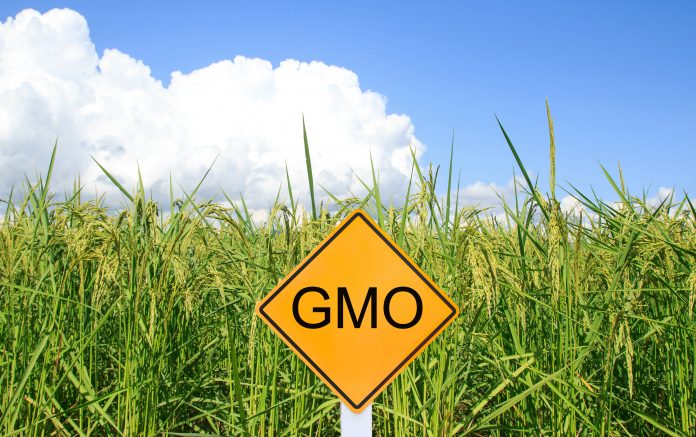The Archdiocese of Manila’s Ministry on Ecology has joined calls against the government’s plan to start mass production and “commercialization” of the so-called golden rice.
“We are joining the call, the international call … because we need to protect [sustainable agriculture] and advance food safety and security,” said Lou Arsenio, program coordinator of the ministry.
In an interview over Radio Veritas 846, Lucenio said people have to ensure a “healthy ecosystem” to be able to have a “healthy citizenry.”
The Department of Agriculture earlier announced that it will start massive production of “golden rice” seeds in vitamin A-deficient provinces.
In July, the Philippine Rice Research Institute announced that it has chosen the island province of Catanduanes as one of the pilot testing areas for planting and growing golden rice.
The “golden rice” variety is supposedly packed with beta carotene that can combat vitamin A deficiency in children and pregnant or lactating mothers.
The variety was first developed by European scientists at the Institute for Plant Sciences of the Swiss Federal Institute of Technology and the University of Freiburg in Germany.
The technology was later donated to farmers in developing countries despite protests against genetically modified foods in the 1990s.
In 2019, the Philippines’ Bureau of Plant Industry declared the “golden rice” variety “as safe as a conventional rice.”
Environmental activists and farmers’ groups, however, voiced their concern over the “golden rice” production project of the government.
On Monday, August 8, an online solidarity action was launched by the Peasant Movement of the Philippines to call on the government to support local farmers planting crops instead of producing new varities.
Rafael Mariano, chairperson of the Kilusang Magbubukid ng Pilipinas, said his group will lobby Congress to look into the “inconsistent and unfair final revisions” of a 2016 joint department circular that enables the entry of “golden rice” in the country.
“We will request to halt all the process concerning its implementation, be it field trials and feeding trials,” said the peasant leader.
In a separate statement, the Stop Golden Rice Network said the “golden rice” program “ignores the complex aspect of culture in agriculture that has a lot to do with our land, our connection to land, and how a community can decide how to feed itself.”









